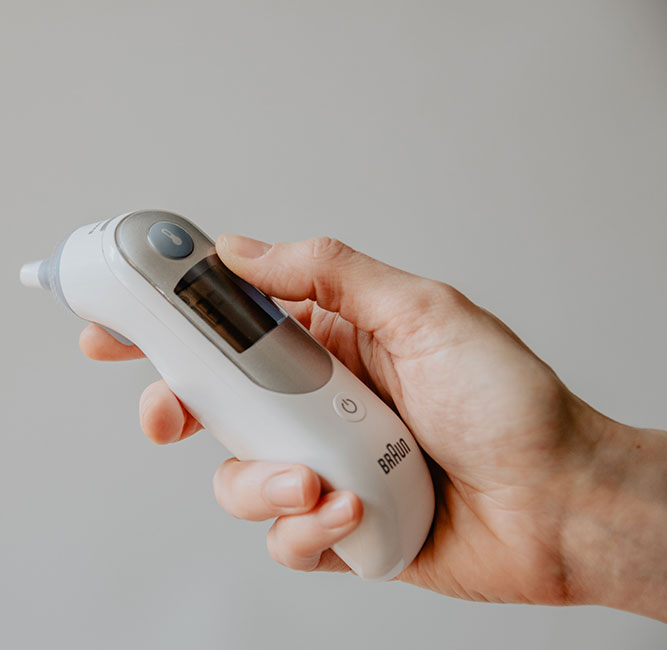


By Blackdoctor.org
With the world anxiously awaiting more information about the COVID-19 vaccine, there have been lots of questions around how this will all work. Currently, there are three front-running coronavirus vaccine candidates and all have strong evidence they can prevent the spread of the virus. The vaccines are made by Pfizer and its German partner BioNTech, Moderna, and AstraZeneca. Right now, it’s looking as if Pfizer will be edging out the others as the widespread distributor of the vaccine.
Although updates are being released daily, there are still many questions we have about the safety and effectiveness of the vaccine. Here are the top concerns and responses we have rounded up:
How many vaccine options are there?
The Food and Drug Administration (FDA) reported that Pfizer and Moderna would be the first two COVID-19 vaccines brought to the market. Early next year, Janssen and AstraZeneca will likely also be available, followed by Novavax, which will be starting its research trial soon.
The first COVID-19 vaccines could get limited approval in late 2020. The FDA is rushing its vaccine clinical trials by working closely with Moderna, Pfizer, AstraZeneca, and Johnson & Johnson (Janssen) which all have a vaccine in final clinical trial phases.
Will the vaccine be immediately effective?
The FDA reported that both the Moderna and Pfizer COVID-19 vaccines (the only two with early data available in the U.S.) have been shown to be 94 to 95 percent effective. Study participants will continue to be closely followed over time for any discrepancies.
Should we trust a vaccine that was developed in less than a year?
Researchers had a head start with the development phase of the vaccine. They were able to build on many years of research that was already done with previous respiratory viruses such as the viruses that caused SARS (severe acute respiratory syndrome) and MERS (Middle East respiratory syndrome). Since there are other coronaviruses similar to COVID-19, their research mimicked those of prior clinical trials. There was immediate funding available due to the dire state of COVID-19 infections globally. Also, it can take longer to test a vaccine if a virus is isolated to a specific population, but this has not been the case with COVID-19. Researchers often have to wait for a certain number of people in studies to get infected, but because COVID-19 struck swiftly and easily, the trials were able to be completed quicker. However, the researchers have stressed that no steps in the normal vaccine development process have been overlooked.
How many times do I need to get the vaccine? Will it be treated similarly to the yearly flu shot?
The Moderna and Pfizer vaccines do require patients to get vaccinated twice, which are given 21 (Pfizer) and 28 (Moderna) days apart. Senior citizens and healthcare workers are given first priority when administering the vaccine.
How long will it take to vaccinate everyone in the U.S. with a COVID-19 vaccine?
The FDA states that it could take up to a year to vaccinate North Americans with the cooperation of state and local officials.
Will the vaccine significantly reduce the risks or complications of COVID-19?
Early clinical trial findings have shown that the vaccines may be 94-95 percent effective in stopping the spread of COVID-19. Researchers believe that getting a COVID-19 vaccine may help keep recipients from experiencing severe symptoms, even if they do get COVID-19. But mainly, getting vaccinated may significantly prevent recipients from spreading the virus to loved ones.
If I contracted COVID-19 previously and recovered, should I get vaccinated?
This is still being researched, but experts are working to find out how long after infection is someone protected from getting COVID-19 again, aka, building natural immunity. Early data suggests natural immunity from COVID-19 may not last very long.
Do we still need to wear masks after getting vaccinated?
Wearing masks and social distancing are still the best tools in the arsenal for preventing the spread and ultimately flattening the curve. Until the entire state has received the vaccine, keep the masks on.
Jasmine Browley holds an MA in journalism from Columbia College Chicago, and has contributed to Ebony, Jet and MADE Magazine among others. So, clearly, she knows some stuff. Follow her digital journey @JasmineBrowley.
